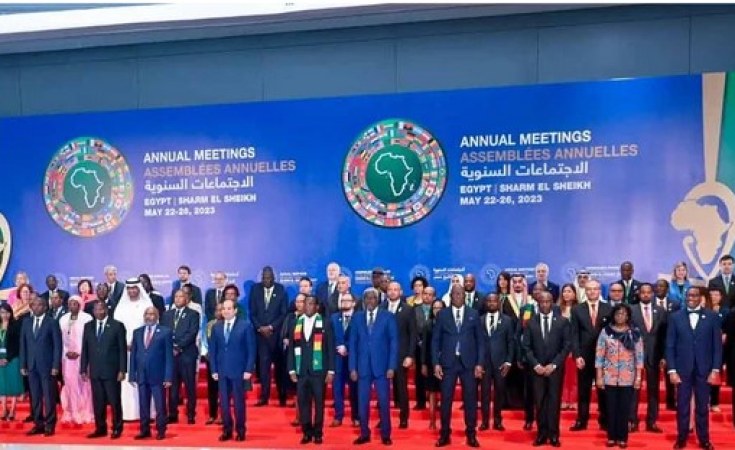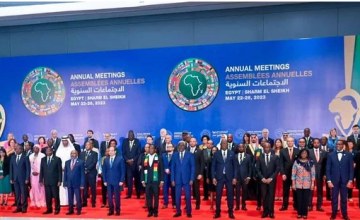The African Development Bank supports renewable energy development in Africa, thus contributing to green economic growth and reducing poverty.
African countries generally turn to bilateral and multilateral partners for their development financing mechanisms. These facilities offer greater benefits to African nations, particularly those provided on concessional terms.
To optimize resources, the continent's leaders have agreed to adopt regional-level pooling of development resources, including from regional multilateral development banks. This could foster more-inclusive and more-sustainable growth for developing countries.
Given their geographical and cultural proximity, regional multilateral development banks have a deeper understanding of the critical needs of recipient countries. This understanding equips them to roll out the appropriate tools based on countries' specific needs, including their socioeconomic and environmental peculiarities. Thus, pooling resources at the regional level enhances efficient deployment, contributing to inclusive and sustainable growth. This synergy strengthens the coherence of actions and facilitates the implementation of regional-scale projects.
By drawing on regional multilateral development banks, developing countries also become part of the decision-making on the use of resources. Their active participation fosters ownership of projects and increases their impact on inclusive and sustainable growth.
The African Development Bank, Africa's premier partner
The African Development Bank provides an excellent example of the effectiveness of resource pooling at the regional level. By financing infrastructure, energy, agriculture and education projects, the Bank contributes to achieving the United Nations Sustainable Development Goals (SDGs) in Africa and the African Union's Agenda 2063 through its 'High 5' strategic priorities. For example, by supporting renewable energy development and investing in agricultural research, the Bank helps to secure sustainable economic growth and reduce poverty.
However, achieving such a pooling of resources requires confronting some of the challenges facing the countries. Thus, the Bank has provided institutional and technical capacities for member countries and regional organizations. This ensures better management of pooled resources and more-effective implementation of development projects.
In particular, the Bank focuses on transparency, accountability and stakeholder involvement to ensure ethical and efficient use of resources. The Bank Group is committed to promoting regional integration by financing transnational projects and encouraging cooperation between member countries. This makes it possible to pool the development benefits and reduce the risks associated with economic disparities between countries.
In line with these commitments, the Bank Group has dedicated its 2023 Annual Meetings to rallying the continent's leaders and development partners to explore how to mobilize climate finance from the private sector, internally and internationally, to support its green growth. The Meetings, scheduled for 22-26 May, are taking place in Sharm El Sheikh, Egypt.



